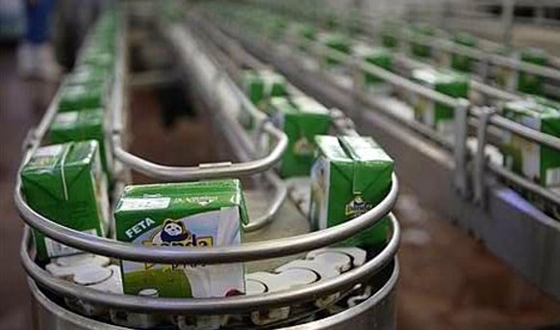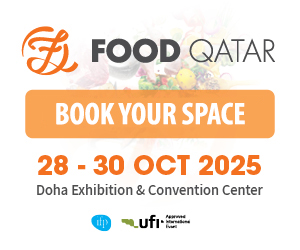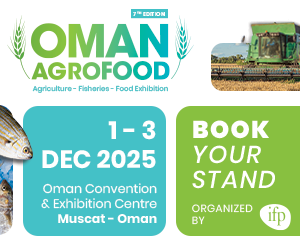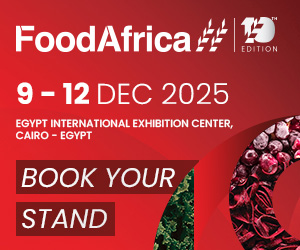In a year marked by major acquisitions, Egypt’s food manufacturing industry is preparing for a round of new listings, as companies look to finance their expansion plans on the back of a more favorable outlook.
Major market moves
Late September brought news that US-based food manufacturer Kellogg Company had acquired Egypt’s largest cereal producer, family-owned Mass Food Group, in a deal worth around $50m.
Founded in 1996, Mass was the first company to launch breakfast cereals in the Egyptian market and currently exports to more than 30 countries around the world, with annual sales of $18m.
In a press release announcing the sale, Chris Hood, president of Kellogg Europe, described Mass as “an excellent strategic fit” for the industry giant which – thanks to its established local brands – “will help unlock the growth potential of the cereal category in the key markets of Egypt and North Africa”.
The acquisition comes just months after Kellogg outlined its broader emerging market growth strategy. According to the company, the MENA region is pegged to play a central role in its plans, and Egypt, the region’s most populous country, represents a strategic market for the food producer.
Kellogg’s strategy was in evidence earlier in the year, when it paid $125m for an 86% stake in Bisco Misr, Egypt’s largest packaged biscuit company in January.
Expansion plans
This optimism is also translating into initial public offerings (IPOs), as fast-moving consumer goods (FMCG) players look to finance planned expansions.
In mid-October local dairy producer Domty, also known as Arabian Food Industries, announced plans to channel $13m into a new factory in 6th of October City, just outside Cairo, with the aim of increasing annual production capacity by 300m units. According to previous statements from the company, Domty expects to partly finance the expansion through listing a portion of its shares on Egyptian Stock Exchange (EGX) in the fourth quarter of 2015 or the first quarter of 2016.
The announcement came on the heels of Egyptian foodmaker Edita Food Industries’ successful listing of 30% of its shares on the EGX in March, which was 4.5-times oversubscribed. The company’s price-to-equity ratio has shot up in the wake of the sale, from 25.2X to 40X by late June, according to investment bank Pharos Holding, signalling growing market confidence and investor appetite.
Galina, a leading producer of frozen fruits and vegetables, has also hinted at plans to list in order to finance its push to double exports to $60m by 2016, according to local media reports.
Breaking down the barriers
While the Egyptian government views the recent activity in the FMCG segment as proof of the country’s long-term growth prospects, industry players continue to face challenges.
Electricity and fuel costs are up, while the weaker Egyptian pound has also increased the price of imported inputs. Disposable income is also in shorter supply, with the rising cost of living and economic slowdown of recent years taking their toll on much of Egypt’s population.
“The reduction in fuel subsidies and accompanying rise in inflation has impacted the purchasing power of many Egyptian consumers, which can put increased pressure on the FMCG sector and other industries in terms of short-term growth opportunities,” Yasser Abdul Malak, chairman and CEO of Nestlé Egypt, told OBG. “But we remain confident in the long-term potential of this market given the political stability and economic reforms under way, which will set the foundation for future growth and investment opportunities."
Infrastructure gaps and growing insecurity in parts of the country could also impact distribution.
Solid base
Nonetheless, as evidenced by recent acquisition and IPO activity, local and foreign players in the FMCG segment remain confident about the country’s solid fundamentals.
Egypt’s sizeable population of 90m is seen as a major strength, with nearly 70% of Egyptians under the age of 30. Resurgent economic growth – expected to average 4.6% through to 2020, according to the IMF – and the country’s niche as a manufacturing base at the heart of a high-growth region are also assets.
Sub-Saharan Africa is projected to grow by an average of 5.1% through to the end of the decade, as per IMF figures, promising an increasing supply of potential consumers in the region.
Oxford Business Group
1 October 2015












































































